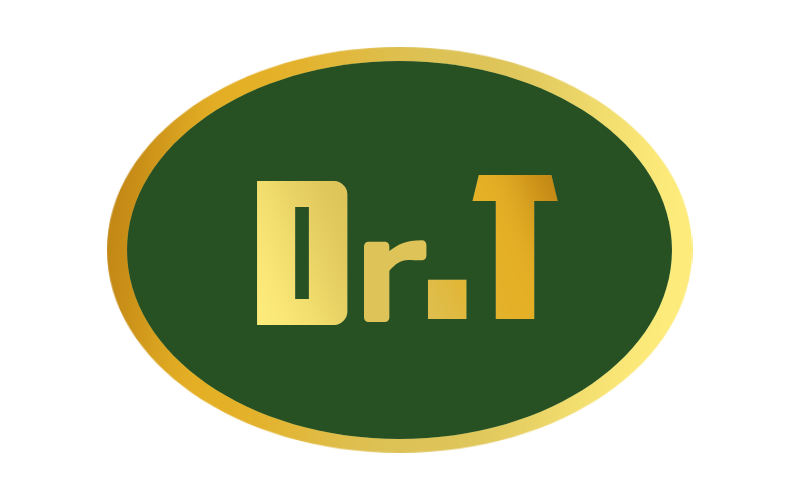In the modern educational landscape, critical thinking skills have become increasingly important. These skills help students break down information, make smart choices, and solve tough problems. Cultivating critical thinking in students is not only essential for their academic success but also for their future careers and personal lives. By fostering an environment that encourages questioning, analysis, and reflection, educators can help students develop the ability to think critically and independently.
Understanding Critical Thinking
Critical thinking means being able to think clearly and logically about what to believe or do. It includes the skills of analysis, evaluation, and synthesis of information. Students who are proficient in critical thinking can understand the logical connections between ideas, identify inconsistencies in reasoning, and construct and defend arguments. These abilities are crucial for navigating the vast amount of information available in the digital age and for making decisions that are grounded in reason and evidence.
Creating an Inquiry-Based Learning Environment
An inquiry-based learning environment is one of the most effective ways to develop critical thinking skills in students. This approach encourages students to ask questions, explore different perspectives, and engage in hands-on activities that require problem-solving. Teachers can facilitate this by designing lessons that are centered around open-ended questions and real-world problems. For example, a science teacher might pose a question about the impact of climate change on local ecosystems and have students conduct experiments and research to find answers. This way of teaching not only makes kids more curious but also helps them understand things better and think critically.
Encouraging Reflective Thinking
Reflective thinking is another key component of critical thinking. It involves looking back on experiences, analyzing how and why things happened, and considering how one’s actions and decisions can be improved. Educators can encourage reflective thinking by incorporating activities such as journaling, group discussions, and self-assessment. For instance, after completing a project, students might write a reflection on what they learned, the challenges they faced, and how they overcame them. This process helps students develop self-awareness and the ability to evaluate their own thinking processes.
Integrating Critical Thinking Across the Curriculum
Critical thinking shouldn’t be limited to just one subject but should be a part of all classes and learning. Whether it’s in language arts, mathematics, science, or social studies, opportunities for critical thinking should be embedded in all areas of learning. In language arts, students can analyze characters’ motivations and the author’s intent in literature. In mathematics, they can explore different methods for solving a problem and evaluate the efficiency of each. In social studies, they can debate historical events and their impacts on modern society. By weaving critical thinking into all subjects, educators can help students develop a well-rounded and robust set of skills.
Using Technology to Enhance Critical Thinking
Technology provides lots of tools that can make you a better critical thinker. Educational software, online research databases, and collaborative platforms can provide students with new ways to engage with information and each other. For instance, digital simulations can allow students to experiment with different scenarios and see the outcomes of their decisions. Online forums can facilitate discussions with peers from around the world, exposing students to diverse viewpoints and encouraging critical debate. By using technology wisely, teachers can create exciting lessons that help students become better critical thinkers.
Conclusion
Cultivating critical thinking skills in students is essential for their development as independent and effective thinkers. By creating an inquiry-based learning environment, encouraging reflective thinking, integrating critical thinking across the curriculum, and utilizing technology, educators can help students develop the skills they need to analyze information, solve problems, and make informed decisions. These abilities will not only benefit them academically but also prepare them for the complexities of the modern world.

